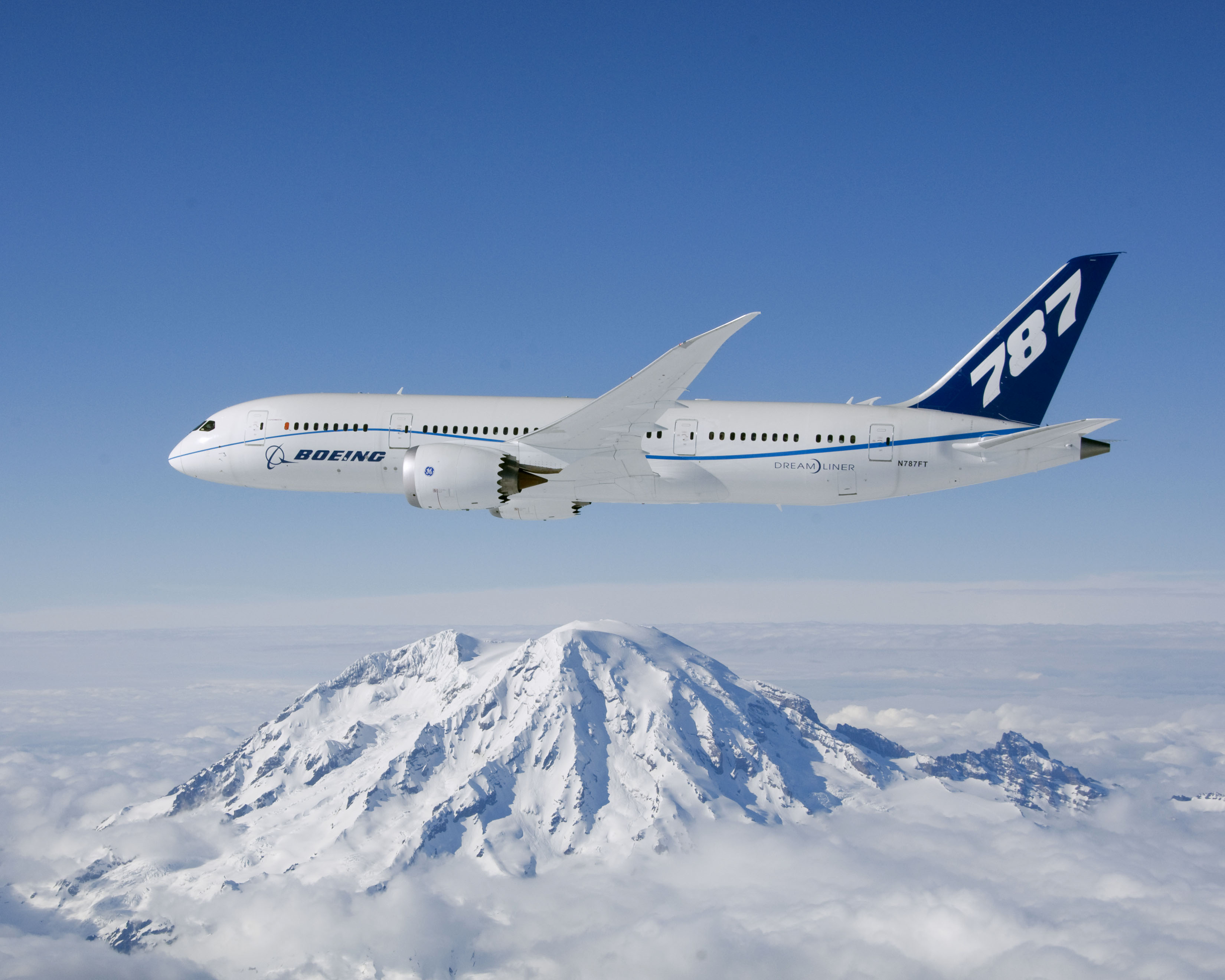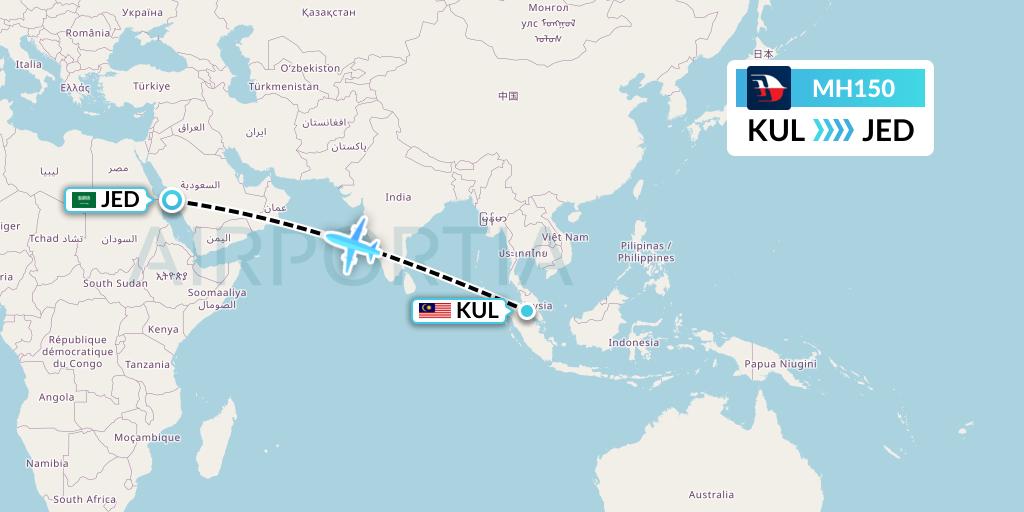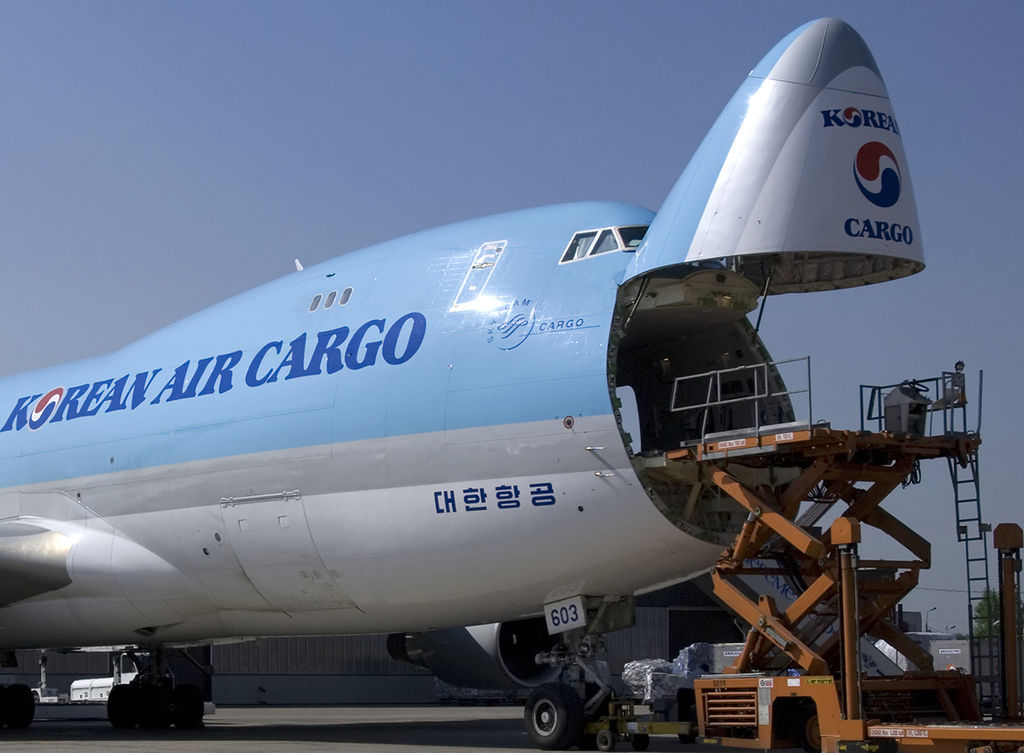Evidence of a deterioration in world trade is starting to appear in the bellwether air cargo market as demand growth slowed to 2.7 percent in June.
Figures released by the International Air Transport Association show that a 4.7 percent growth rate for the first half of 2018 was less than half that in 2017.
Capacity growth has also been outstripping demand every month since March and in June stood at 4.1 percent.
Asia-Pacific airlines saw freight demand rise by just 1.5 percent in June compared to a rise in capacity of 5.2 percent. The International freight growth fell to a 17-month low of 1.1 percent, although IATA said this partly reflected a string result in June, 2017.
The situation was better in other regions with North American and Middle East carriers each seeing 3.8 percent growth and European carriers recording an increase of 3.3 percent.
Latin America returned the best result of 5.9 percent while African carriers saw freight demand contract 8.5 percent.
IATA said the deterioration was partly due to a structural slowdown in global trading conditions indicated by a fall in the Purchasing Managers Index to its lowest level since 2016. It noted factory export order books were negative in China, Japan and the US.
READ: IATA warns Trump trade war could hit airline demand.
Another factor was the end of the restocking cycle, where businesses build inventories to meet increased demand, in March, 2018, leading to falling air cargo volumes that month.
Also playing a part was the temporary grounding of the Nippon Cargo Airlines fleet in the second half of June, which shaved 0.5 percentage points off the month’s growth.
“Air cargo continues to be a difficult business with downside risks mounting,’’ IATA director general Alexandre de Juniac said in the report. “We still expect about 4 percent growth over the course of the year.
“But the deterioration in world trade is a real concern. While air cargo is somewhat insulated from the current round of rising tariff barriers, an escalation of trade tension resulting in a ‘reshoring’ of production and consolidation of global supply chains would change the outlook significantly for the worse.
“Trade wars never produce winners. Governments must remember that prosperity comes from boosting their trade, not barricading economies.’’
























